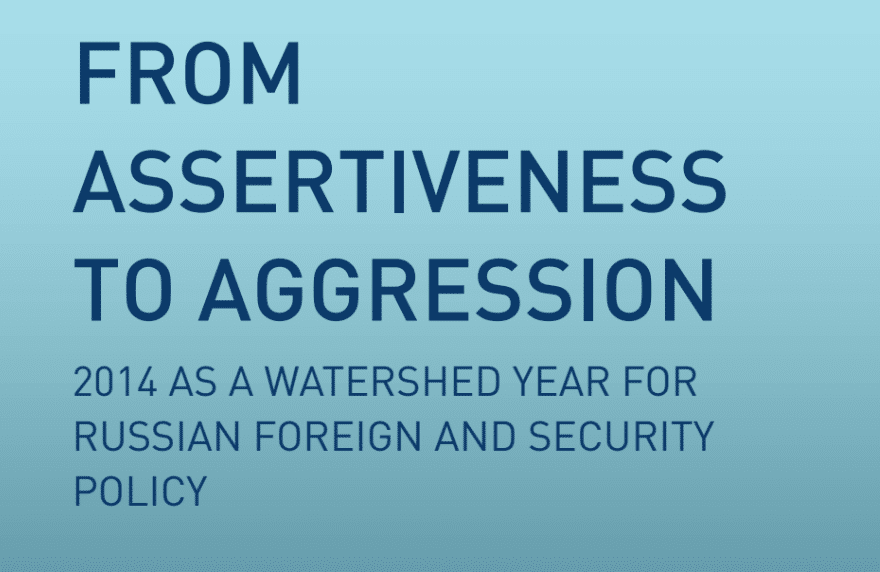Research
Great power assertiveness is back, with Russia once again playing a leading role. This snapshot paper introduces some new data sources—in the form of uniquely rich automated event
datasets—that offer unprecedented promise to start tracking the empirical evidence behind this assertiveness in more detail.
In what follows, we draw on these new data to provide unprecedented documentation of Russia’s growing assertiveness over the past decade, including in comparative terms, uncovering important nuances in the process. The next step in this new data-intensive research agenda will be to start modelling what drives great power assertiveness and what the international community might do to deal with elevated levels of it. As we await new insights from this modelling effort, we attempt to infer and “translate” possible courses of action from the far richer evidence- and knowledgebase about a similar phenomenon: school bullying.
Our recommended actions include monitoring and exposure, puncturing pathos and promoting perspective, mobilizing moderation, stepping up early to a “light” mode of crisis management, encouraging UN Chapter “VI-and-a-Quarter” efforts, and, finally, organizing “adult supervision.”
This paper was first published in Ponars Eurasia, Feb 2020






